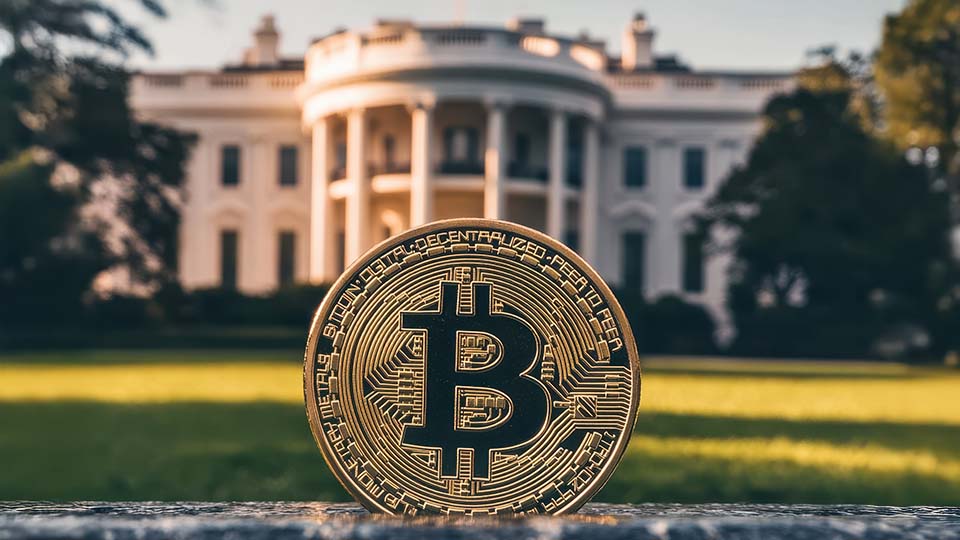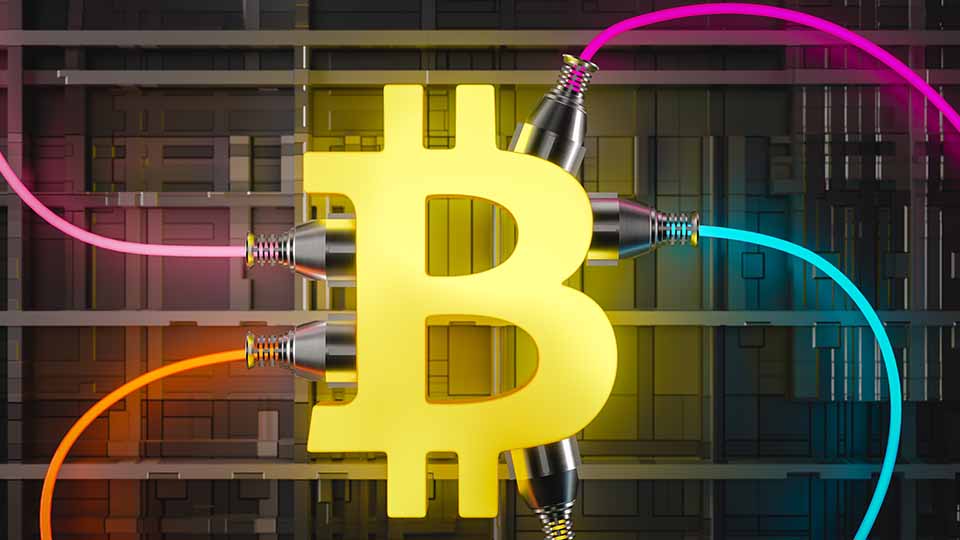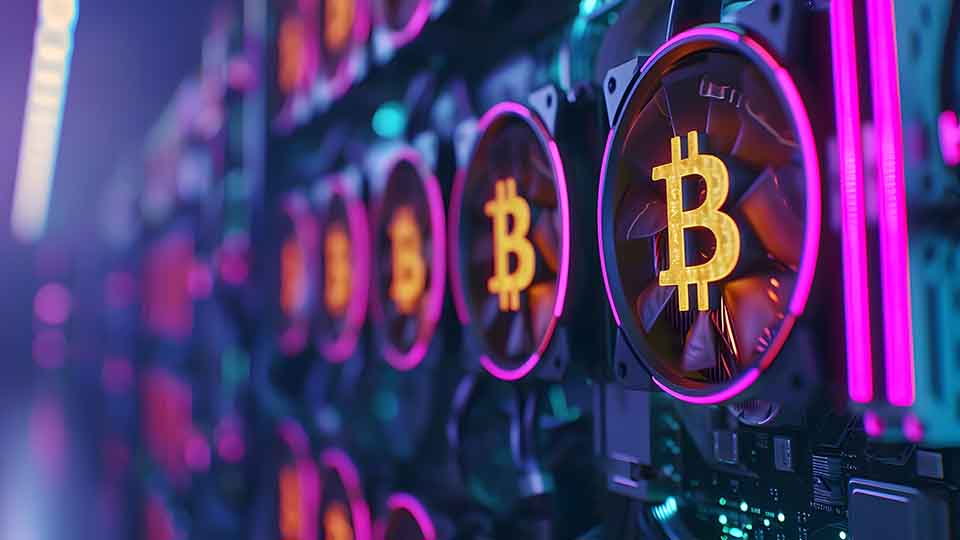Ethereum 101: A Beginner’s Guide
22 July 2024
Read Time 5 MIN
Please note that VanEck may have a position(s) in the digital asset(s) described below.
Getting started with Ethereum (and cryptocurrency in general) can be a bit overwhelming, especially when faced with jargon like "dApps" and "smart contracts". Think of Ethereum as an online app store. Just like Bitcoin, Ethereum involves digital money, but it offers so much more than just that. In this "app store", developers can create and launch their own applications without any centralized control. The "currency" used to buy, sell, or operate within these applications is called ether. One of the coolest features of this digital app store is "smart contracts", which are like automated agreements or deals. These tools have the potential to change many industries, from banking to art.
If Ethereum sounds complicated, don't worry. In this guide, we'll break things down to help you understand what Ethereum is, its standout features, and why it's such a big deal.
- What is Ethereum?
- Bitcoin vs. Ethereum: What's the Difference?
- How Do Ethereum's Smart Contracts Work?
- Why Invest in Ethereum?
- Investing in Ether vs. Ether Futures?
What is Ethereum?
Ethereum is a digital platform that lets people build and use decentralized applications on the internet. Think of it like your smartphone's app store, where you can download all sorts of apps to help you do different things. Just as the app store has a system behind it (like iOS or Android), Ethereum operates as an "app store" for the web, powered by its unique digital currency, ether.
When people talk about investing in Ethereum, they're usually referring to buying its primary digital currency, ether or ETH, much like buying bitcoin means acquiring the cryptocurrency BTC.
To break it down further:
Ethereum: This is the whole digital system that lets people make and use special online applications and automated agreements, known as dApps and smart contracts. You can think of it as the backbone or the foundation that everything runs on.
Ether (ETH): This is Ethereum's own kind of digital money. If you're investing, trading, or paying fees on the Ethereum platform, you're using ether. Besides being a form of investment, ether is the "power source" that makes everything on Ethereum work, from running apps to sealing agreements.
So, when someone says they're putting money into Ethereum, they're generally buying ether, hoping its value will increase over time.
Bitcoin vs. Ethereum: What's the Difference?
At first glance, both Bitcoin and Ethereum are cryptocurrencies. But while they share some similarities, they also have fundamental differences:
- Origin: Bitcoin was introduced in 2008, aiming to be a decentralized digital currency or, as some like to say, "digital gold." Ethereum, on the other hand, was launched in 2015 with a broader vision than just being a currency.
- Purpose: Bitcoin is primarily a medium of exchange or store of value. Ethereum, while having its native currency called Ether, is more than just a cryptocurrency platform. It’s a platform that enables smart contracts and decentralized applications (dApps). In simple terms, while Bitcoin offers a new way of transferring money, Ethereum provides a new way of doing business and creating decentralized platforms.
Supply: Bitcoin's supply is capped at 21 million, making it deflationary. Ethereum doesn't have a max supply, which allows it more flexibility but introduces different economic considerations.
How Do Ethereum's Smart Contracts Work?
The power of blockchain lies in its transparency and security. Because so many people have copies and they always verify new pages together, it's incredibly difficult for someone to cheat or make false entries. The advantage of blockchain is its decentralized nature. When information is stored across multiple nodes, it becomes tamper-resistant. Any malicious activity or inconsistency can be quickly detected and corrected. While Bitcoin introduced the world to blockchain and cryptocurrencies, Ethereum introduced a revolutionary concept: smart contracts. As the examples below highlight, Ethereum enhances blockchain capabilities with its smart contracts:
- Decentralized Apps (dApps): Developers can build applications on Ethereum that inherit the security and decentralized features of its blockchain.
- Decentralized Autonomous Organizations (DAOs): These are like digital companies or organizations where decisions are made based on predefined rules in smart contracts, without centralized control. Governance power is distributed across token holders who collectively cast votes.
- Digital Identity: Individuals can have a digital identity on the Ethereum blockchain, ensuring personal data is secure and giving control back to the user.
- Licensing and Royalties: Artists and creators can use Ethereum to ensure they get paid their dues every time their work is used or sold.
Consider a traditional contract, like an agreement to buy a car. Usually, you'd involve third parties like banks or lawyers to ensure everyone keeps their promises. Imagine a digital contract that automatically does what it's supposed to when certain conditions are met without needing a middleman. That's a smart contract! Ethereum is a platform that allows these smart contracts to operate. Its own cryptocurrency, ether, powers these contracts and ensures they run smoothly.
Why Invest in Ethereum?
The investment case for Ethereum is strong and diverse:
- Technological Edge: Ethereum's platform allows for creating smart contracts, programs that automatically execute when certain conditions are met. This feature has huge potential in reshaping industries, from finance to art.
- Market Share: Ethereum's platform supports numerous other cryptocurrencies. Its influence is clear when you consider that, as of September 2023, 10 of the top 20 cryptocurrencies are based on or linked to Ethereum.
- Applications: Ethereum is versatile. Beyond cryptocurrencies, it's used in decentralized finance, games, and by major organizations looking to integrate blockchain technology.
Ethereum's Growing Role
Ethereum is quickly becoming important in the digital world, with more than 4,000 apps running on its system1. Different sectors, from finance to art, are finding ways to use Ethereum for new ideas and improvements. It reminds some of the early internet days when everything felt new and full of possibilities. More and more people are exploring Ethereum and its currency, ether, because of the opportunities they present. Simply put, Ethereum isn't just digital money; it's a platform for innovation and could be a major part of the future.
1 Source: dapp radar as of 9/25/2023.
Related Insights
Related Insights
03 February 2025




